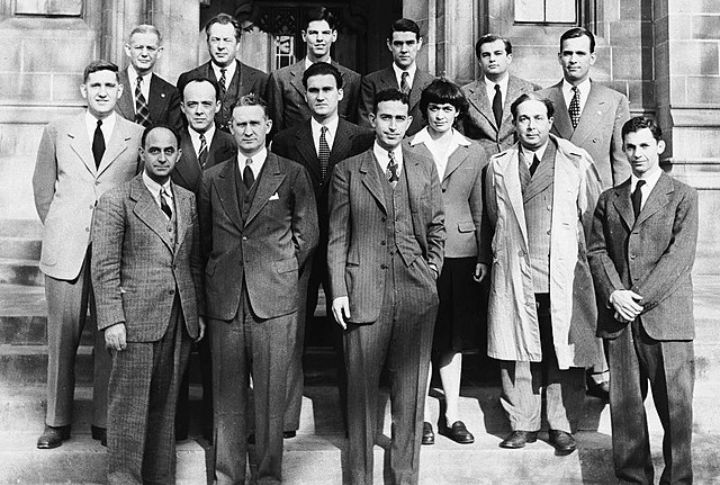
History lessons often left out critical details that changed how events should be remembered. Some mistakes were intentional, others were simply ignored. What follows are moments that challenge the official record. Read on and see how much of the past was presented selectively.
The Forged Donation Of Constantine
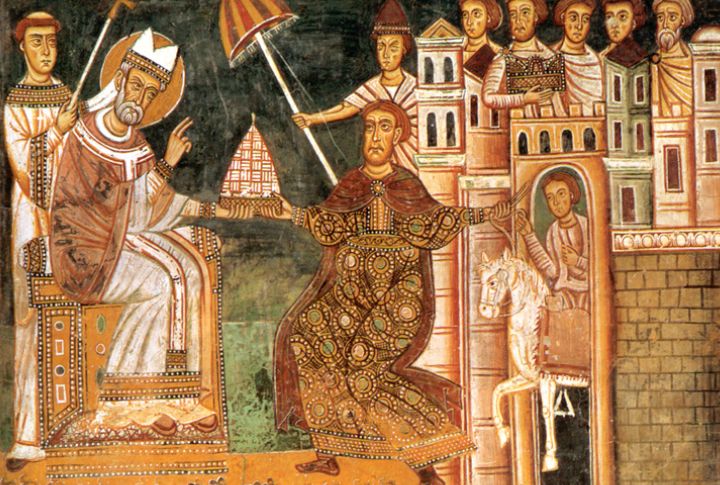
An 8th-century document claimed Constantine gave the Pope huge lands, strengthening Church authority. However, in 1440, Lorenzo Valla proved it was fake by spotting errors in the Latin. Though the Church quietly dropped its claims, the forgery had fooled rulers and fueled Renaissance skepticism.
Columbus’s “Discovery” Myth
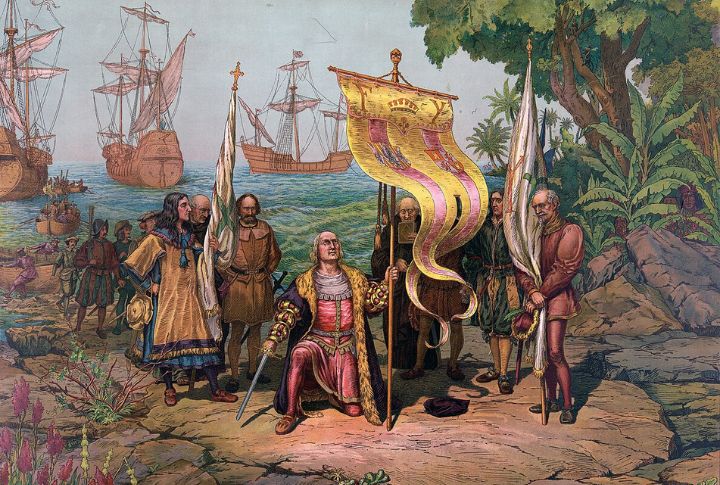
Generations were taught that Columbus discovered America, but the continent already had thriving Indigenous civilizations. Norse explorers had also reached its shores centuries earlier. Archaeological digs at L’Anse aux Meadows even confirmed Viking settlements. Plus, despite overwhelming evidence, Columbus went to his grave believing he had landed in Asia.
The Hidden Role Of Women In The Manhattan Project
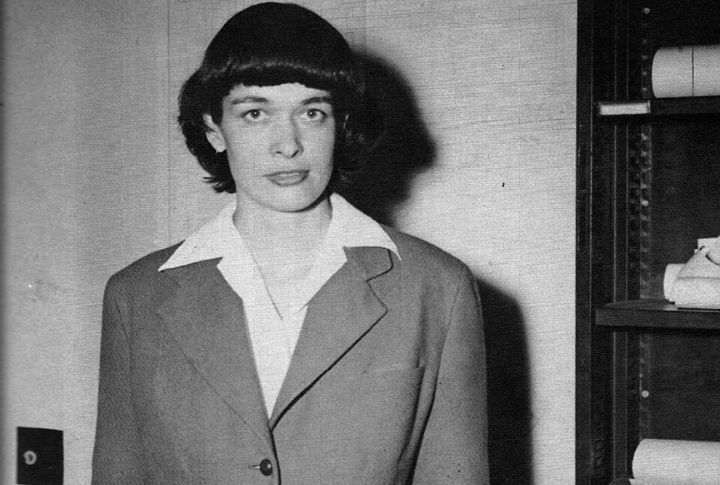
The story of the Manhattan Project focused for years on male scientists. Only after declassified records appeared in the 1980s did women’s achievements become visible. In fact, Leona Woods, at just 23, played a vital part, and other women also secretly ran Calutron machines with extraordinary skill.
The Concealed Cause Of The Irish Potato Famine
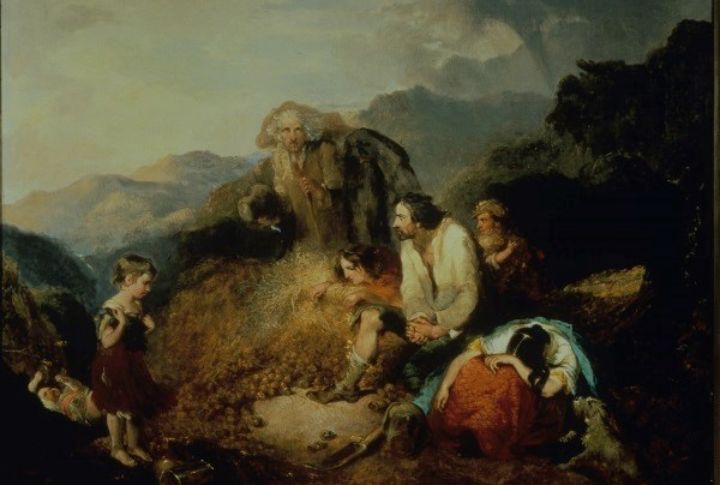
British leaders attributed the 1840s famine primarily to potato blight, yet records showed millions of tons of grain were exported amid the crisis, exacerbating the devastation despite parliamentary awareness. The outcome was devastating: Ireland lost a quarter of its people, while Queen Victoria’s personal aid totaled only £2,000 (equivalent to about $378,000 in 2025).
The Suppressed Story Of The Rosetta Stone’s Theft
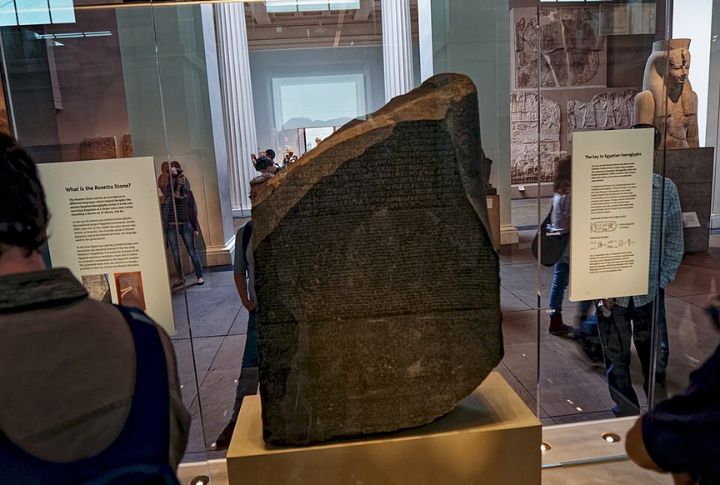
When Britain took possession of the Rosetta Stone in 1801, it claimed the act was lawful under treaty terms. However, Egyptian and French accounts described the handover as coerced under military duress. Museum records also avoided the truth until scholars challenged them in the 1970s. In 2003, Egypt officially demanded its return.
The Suppressed Truth Of Galileo’s House Arrest
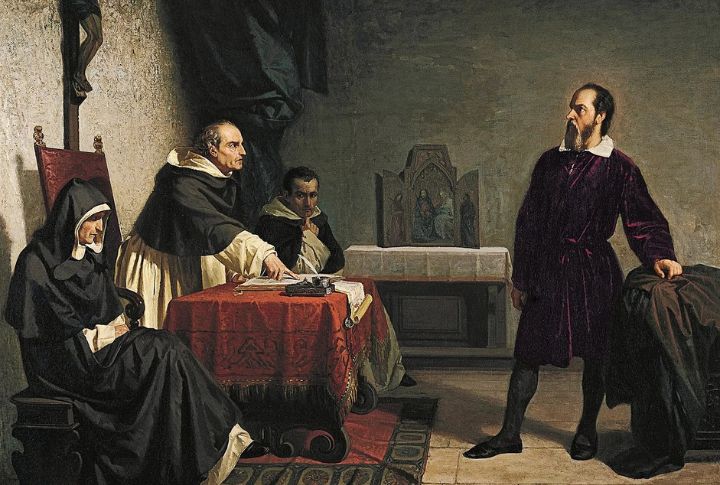
The Church pardoned Galileo in 1992, centuries after branding him a heretic. Records released in the 1800s showed his true offense was promoting heliocentrism, an idea that directly threatened papal authority and challenged the foundations of Church control over scientific thought.
The Erased Contributions Of Alan Turing’s Team
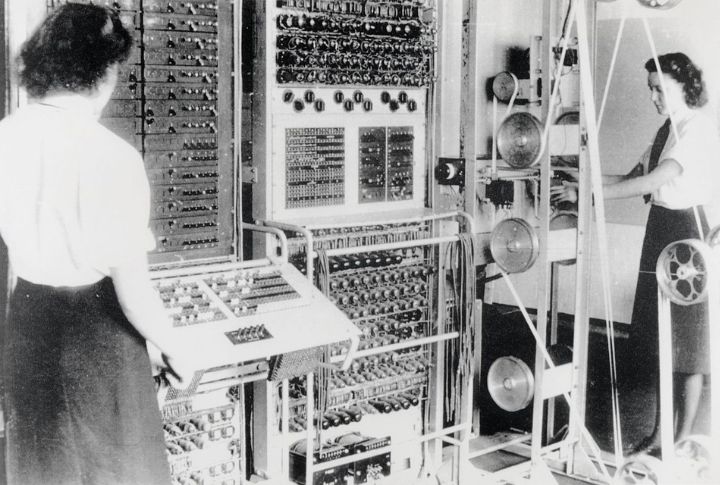
Turing’s Bletchley Park team, which included many women and minorities, was left out of official histories for decades. It was only after the Ultra project files were declassified in 1974 that their achievements became known. Women represented three-quarters of the staff, and their combined efforts even cut the war short by two years.
The Suppressed Role Of African Mathematicians In NASA
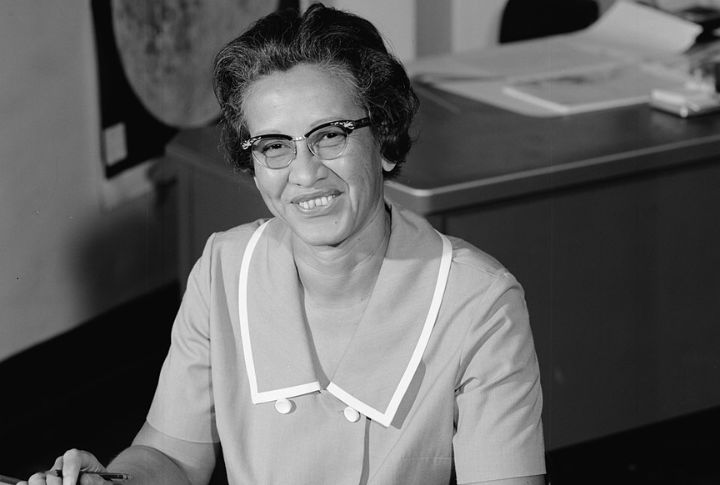
Katherine Johnson calculated Apollo 11’s moon landing trajectory, yet early NASA reports omitted her and other Black women mathematicians. Personnel files later revealed their central roles in flight planning. The “Colored Computers” were finally acknowledged, and Johnson received the Presidential Medal of Freedom in 2015.
The Hidden Syphilis Experiments In Guatemala
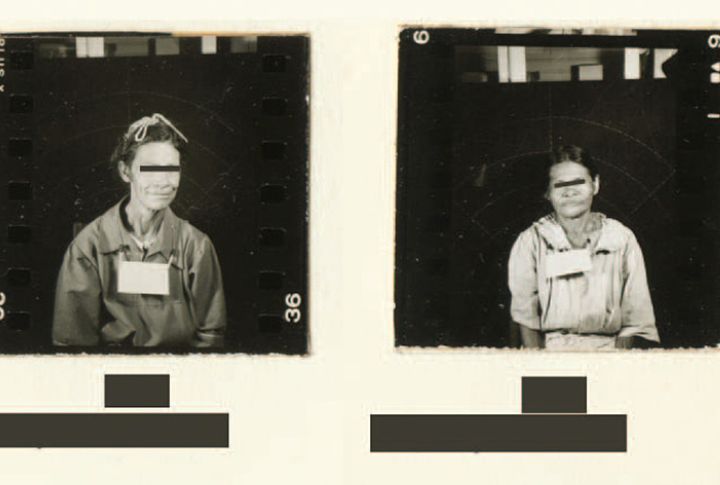
In 2010, a historian discovered U.S. researchers had infected more than 1,300 Guatemalans with syphilis during the 1940s. Government papers confirmed officials concealed the program to avoid scandal. Once exposed, the White House acknowledged the abuse, and President Obama delivered a formal apology to Guatemala.
The Suppressed Invention Of The Telephone’s True Creator
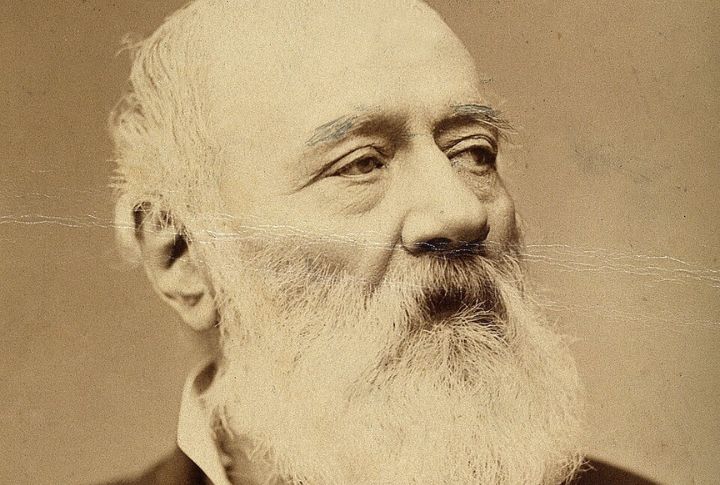
Antonio Meucci developed a working voice communication device in 1860, yet history credited Alexander Graham Bell. Meucci’s patent caveat was overlooked until a 2002 U.S. House resolution acknowledged his pioneering contributions. Bell’s fame overshadowed Meucci’s legacy, leaving this early innovator nearly erased from memory.

